Do Black Cats Have Dandruff (And What Can You Do About It)?
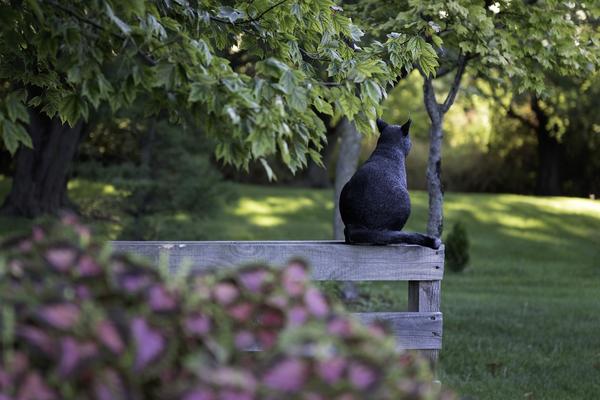
You'll agree with me when I say:
Dealing with black cat dandruff is a nightmare.
It's like trying to solve a never-ending puzzle while being constantly reminded of your cat's flaky misery😢.
But here's the thing, my friend.
There may be hope.
Shall we unravel this hairy situation together?
Managing Cat Dandruff in Black Cats
Managing cat dandruff in black cats is tough, but don't worry, you can keep those annoying flakes under control with a little effort.
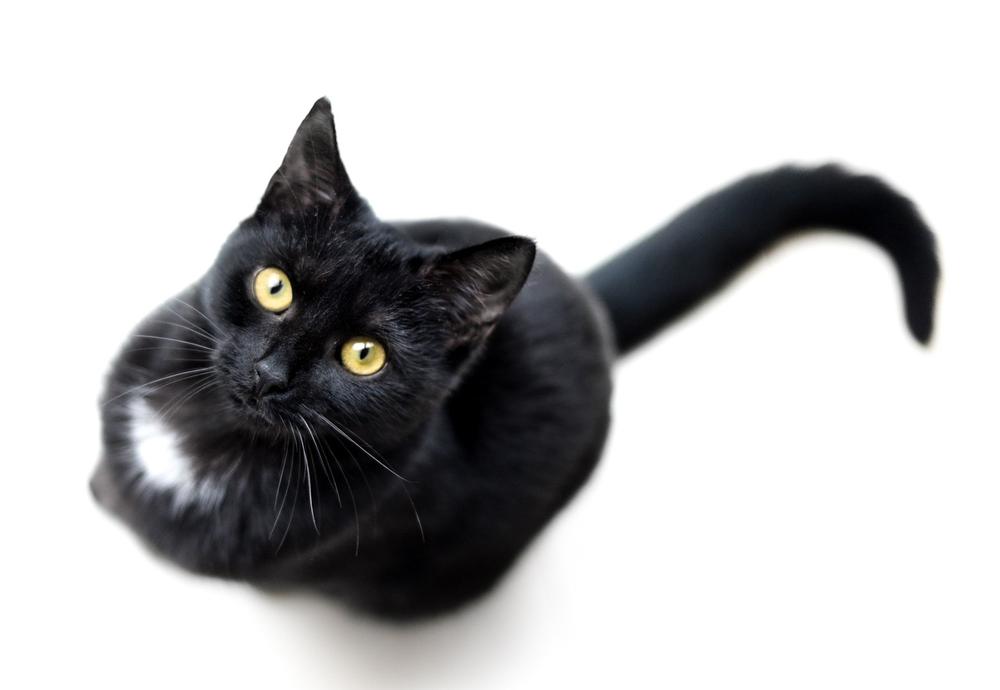
Here are some practical tips to help you deal with the problem head-on:
- Make sure your black cat gets a balanced diet that includes healthy fats and omega-3 fatty acids. It's good for their skin and coat.
- Remember to brush your cat's fur every day. This removes dead skin cells and helps their body produce natural oils. You'll get the best results if you use a metal comb.
- Cats might not like water, but bathing them once in a while with cat-friendly shampoo can relieve dandruff. Just make sure to rinse them well and dry them completely afterwards.
- Supplements can make a difference too. Talk to your vet about adding fish oil or vitamin E to your cat's diet. It can improve their skin health and reduce dandruff. Your vet will tell you the right amount to give.
- Keep an eye on humidity levels in your home. Dryness can cause dandruff, so consider using a humidifier to fight it off.
- If all else fails, see a vet. There might be other health issues at play, like allergies or parasites, that are causing the dandruff.
These tips will help you tackle cat dandruff and keep your black cat's coat looking shiny and flake-free.
Main points I'll expand upon further down this article:
- Lack of essential fatty acids can cause dandruff in cats.
- Parasites like worms, fleas, or mites can lead to dandruff.
- Allergies can affect a cat's skin and fur, causing dandruff.
- Cats can suffer from dandruff, but their condition is more complex than humans'.
- Environmental factors in the home, such as central heating, can cause dry skin and dandruff.
- Overweight cats may not groom themselves properly, leading to dandruff.
- Underlying health problems like mites, fleas, diabetes, and tapeworm can cause dandruff.
- Small amounts of dandruff are normal, but if left untreated, it can result in scratching and bleeding skin.
- Prompt attention and appropriate treatment are important for cat dandruff.
- Consult a vet for proper diagnosis and treatment, including cat-specific shampoos and dietary changes.
But did you know that dandruff in black cats can be caused by a variety of factors, including allergies and parasites?
Let's dive deeper into the possible triggers and solutions for this pesky issue...
Causes of Cat Dandruff
Black cats with dandruff have a lot to deal with, from allergies and essential fatty acids deficiency to parasites.
If your black beauty is experiencing allergic reactions, it's time to take action.
Eliminate common allergens from their diet and keep them away from potential triggers.
Is your cat lacking essential fatty acids?
Well, that could be causing their dandruff problem.
Make sure they're getting enough of these healthy fats in their diet.
But hold on tight, because there's more.
Parasites like worms, fleas, and mites can also join the dandruff party on your cat's fur.
Cats can experience dandruff in a similar way to us humans, but juicier.
It gets complicated!
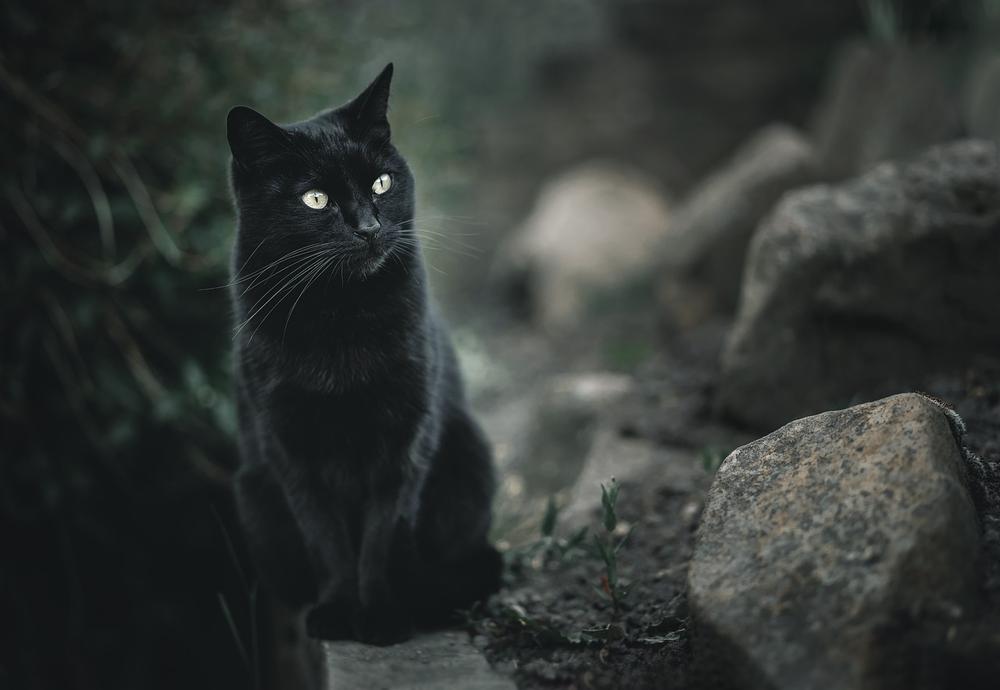
Dandruff doesn't always stem from within.
Environmental factors play a role too.
Central heating can crank up the dryness, leaving cats with not-so-flaky skin and dandruff flying everywhere. Here's an interesting twist:
Overweight cats might not do enough grooming, leading to a buildup of dead skin and dandruff on their fur.
Gross, but true.
Dandruff in cats can also serve as an alarm clock, warning you of deeper health troubles. Sneaky mites, pesky fleas, diabetes, tapeworms – they can all contribute to the snowfall on your black cat's coat.
A sprinkle of dandruff is considered normal for cats, so no judgment here, fluffy pals.
Hang in there, black cat owners.
We're just getting started unraveling the mysteries behind your kitty's dandruff predicament. Stay tuned for more hair-raising insights!
But what if your black cat's dandruff goes beyond just a sprinkle?
You don't want them suffering and neither do I...
Signs and Symptoms of Cat Dandruff
Look for these signs and symptoms
When it comes to cat dandruff, there are a few noticeable signs you should keep an eye out for.
These signs can give you a clue if your feline friend might have this pesky flaky skin issue.
Excessive scratching and licking could be a red flag
If you notice your black cat constantly licking or scratching themselves, it could mean they have an underlying skin condition.
And these skin conditions often lead to dandruff.
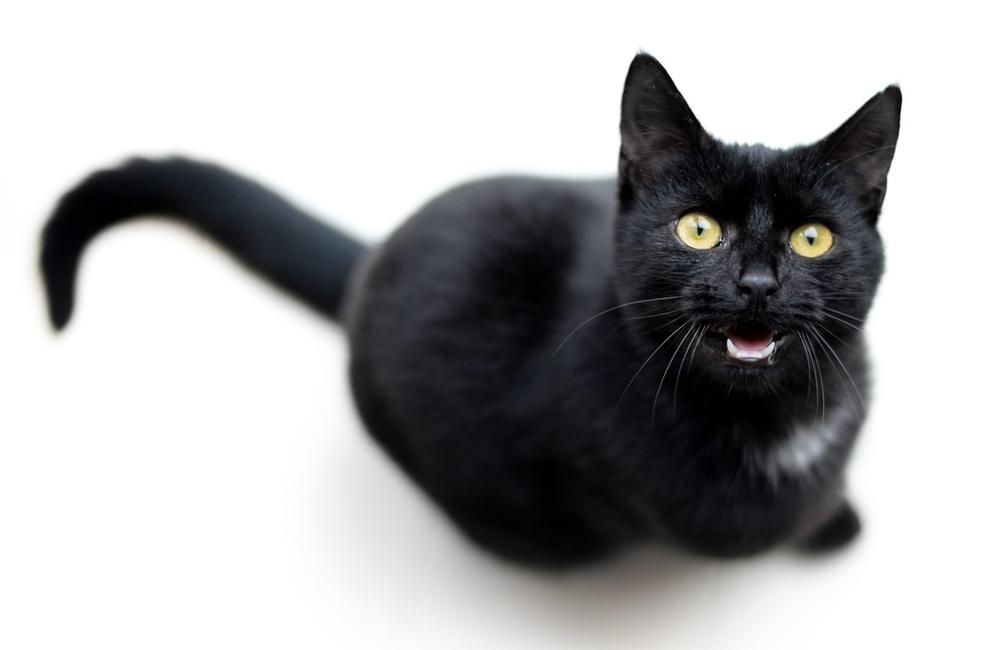
So if you see them doing it all the time, it's time to investigate.
Gray or white flakes and other unpleasant indicators
One of the biggest signs of dandruff in cats is finding gray or white flakes on their fur.
These flakes show that their skin is flaking off, which is never good.
Along with those flakes, you may also notice some dryness and itchiness in the affected areas.
Don't ignore dandruff – it could indicate bigger health issues
Although a small amount of dandruff might not be alarming in healthy cats, it can warn you about potential health problems. So pay attention to any dandruff outbreaks and address them promptly.
Your furry companion's well-being depends on it!
Diagnosing Cat Dandruff
Inspect your black cat's skin using a finetoothed comb.
Look for parasites or raw areas that could contribute to dandruff. Identifying the cause of dandruff in cats is crucial before proceeding with treatment options.
If you notice dandruff or any other worrying symptoms, it's best to seek guidance from a veterinarian.
And when it comes to your black cat, I understand that you may have concerns about not only dandruff but other symptoms as well.
That's why I advise looking into my helpful guide on why cats can experience crusty and black noses.
It explores possible reasons and solutions, offering insights that might ease your frustration and answer your burning curiosity.
Take a moment to read Why Is My Cats Nose Crusty and Black to gain valuable knowledge and find the comfort you seek.
Treating Cat Dandruff
If your black cat's got dandruff, don't stress! 🐱
There are ways to fix it:
- Give your cat omega-3 fatty acid supplements. Good for skin and reduce dandruff.
- Before using any special shampoo for cats with dandruff, talk to your vet first.
- Don't use human dandruff shampoos on your cat. That's no good. Get pro advice for safer options.
- If the problem hangs around or you see a lot of dandruff, go see a vet for a proper check-up.
- Skin supplements, creams, lotions, and changes in diet can make a real difference to your kitty's skin.
- Always check with a vet before trying anything on your own.
Follow these tips, and your black cat will have a healthier coat and be dandruff-free!
And here's what I've found out about some additional steps you can take to tackle your black cat's dandruff!
Listen closely, because these tips could make all the difference...
Home Remedies for Cat Dandruff
To treat your cat's dandruff at home, try these 10 remedies:
- Add a small amount of coconut oil to their food.
- Switch to wet food for added moisture.
- Provide additional moisture through hydration.
- Ensure their diet includes fatty acids.
- Regularly brush your cat's fur.
- Use a flea comb to remove dead skin cells and dirt.
- Keep your cat's environment clean and dust-free.
- Try using a humidifier in dry areas.
- Use an oatmeal-based shampoo specifically for cats.
- Consult your vet for recommended home remedies.
Prevention is better than cure!
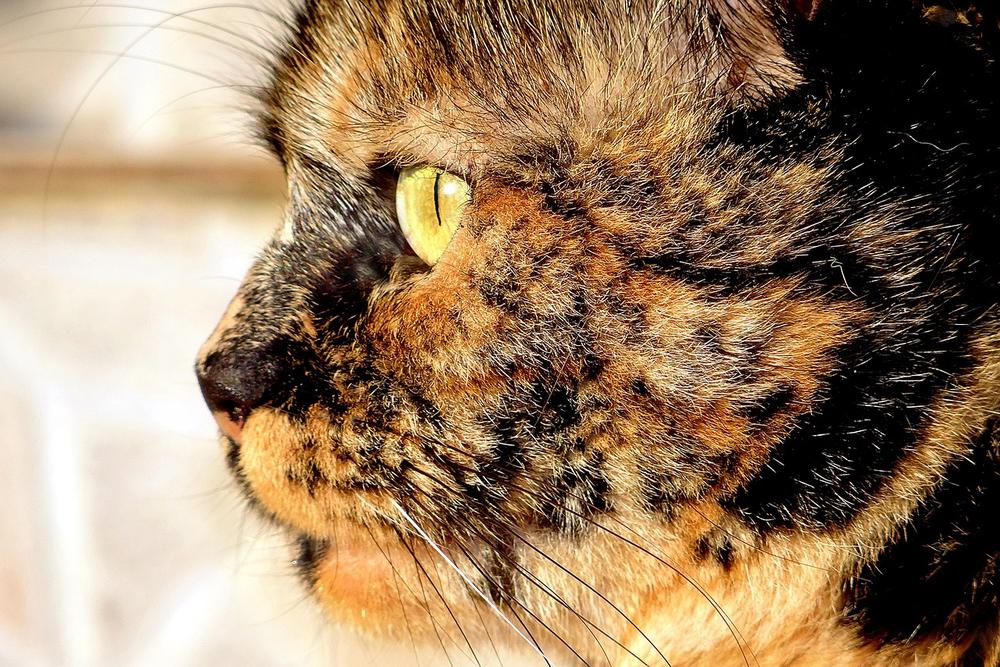
You have to maintain good in essence health for your black cat.
Consider regular grooming and a well-balanced diet.
By following these steps, you can help prevent dandruff and keep your cat's coat shiny and healthy.
Preventing Cat Dandruff in Black Cats
Ah, black cats. They're mysterious and beautiful creatures, but they can be prone to dandruff. Don't worry, though.
I've got some tips for preventing cat dandruff in your black feline friend.
- Regular brushing is key. Not only does it help remove loose hair and prevent matting, but it also stimulates the production of natural oils that keep your black cat's coat shiny and healthy.
- Consider adding a humidifier to your home. Dry air can contribute to dry skin, so keeping the humidity level up can help prevent dandruff.
- Choose a high-quality, balanced diet for your black cat. Look for cat food brands specifically formulated for skin and coat health. And remember, moist food with higher moisture content is better for preventing dandruff than dry kibble.
- Keep an eye on your black cat’s weight. Obesity can lead to poor grooming habits, which can exacerbate dandruff issues. Be sure to engage your furry friend in regular physical activity to maintain a healthy weight.
- Avoid overexposure to sunlight. While cats enjoy sunbathing, too much time in direct sunlight can cause sunburn and dry, flaky skin. Make sure your black cat has access to shaded areas when enjoying those warm rays.
Ensure your black cat maintains a glossy coat and remains free from dandruff by adhering to these recommended suggestions.
Your feline companion will thank you for it!
And speaking of protecting your black cat's skin, you must limit their direct exposure to sunlight.
Providing shaded areas or keeping them indoors during peak times can help prevent sunburn and dry, flaky skin:
Special Considerations for Black Cats
Black cats are pretty but they need special care.
Here's what you should please bear in mind:
- Black cats can get sunburned and have dry skin. So, limit their direct exposure to sunlight or keep them indoors when the sun is strong. You gotta protect their sensitive skin.
- All cats get dandruff, including black ones. But for some reason, dark-colored cats might cause more allergic reactions than light-colored ones. Taking care of any dandruff problems is crucial for the well-being of black cats.
- Black cats need regular grooming. Brush their fur often to remove loose hair, prevent mats, and keep their skin healthy. This is especially important because any dandruff or dry skin shows up more on black fur.
- Good food is important for a black cat's coat health. Make sure they're eating balanced and high-quality cat food that has important nutrients like omega-3 fatty acids and vitamin E. Those things support healthy skin and a shiny coat.
- Regular vet check-ups are essential for black cats, just like for other cats. Going to the vet regularly helps catch any potential health issues early on so they can be treated in time and bigger problems can be avoided.
Owning a black cat means taking on unique responsibilities.
But if you take good care of them, these mysterious felines can become awesome companions! ✨
And that wraps up today's article.
If you wish to read more of my useful articles, I recommend you check out some of these: Why Is My Cats Nose Turning Black, Why Does My Cat Have a Dry Nose, Why Is There a Black Spot on My Cats Nose, Why Is My Cats Nose Cold, and Why Do Cat Noses Change Color
Talk soon,
-Sarah Davis